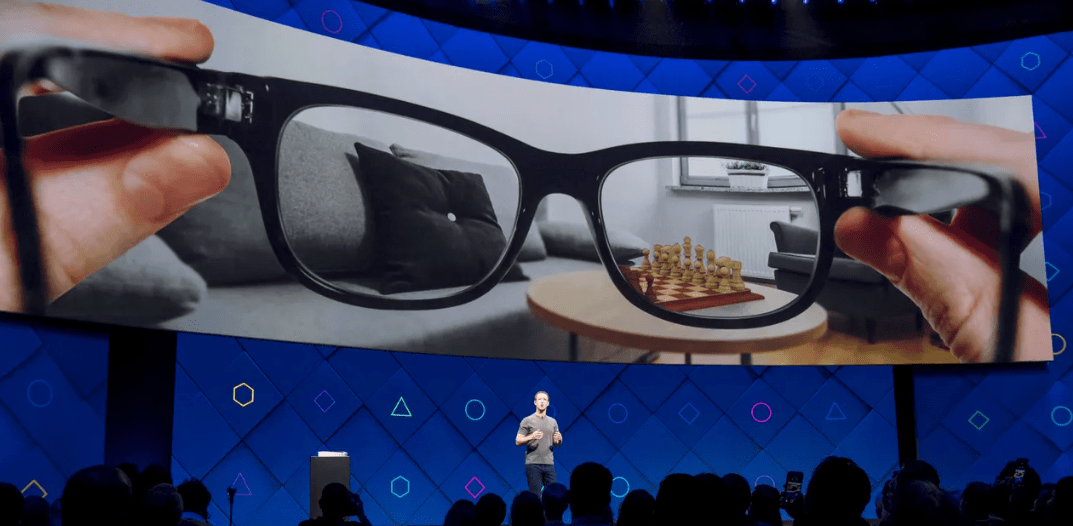
IT House reported that Meta Technology Company not only has ambitions in the field of social media, they also have high hopes for the next generation computing platform-augmented reality (AR) glasses. According to Meta Chief Technology Officer Andrew Bosworth, the company may display a prototype of advanced AR glasses code-named "Orion" in 2024

Meta has been deeply involved in the AR field for at least eight years and has invested tens of billions of dollars, hoping to develop a revolutionary product comparable to the iPhone. However, last year the company announced it was abandoning plans for mass production of the Orion glasses, instead making them available to select developers and as a prototype to showcase future AR technology
Bosworth confirmed previous media reports, saying in the interview that a small number of Meta employees will begin internal testing of the glasses next year, and he said: "I believe it is possible that people will have the opportunity to experience it for themselves in 2024 it."
Bosworth claims that the glasses are the most advanced consumer electronics device currently available. He described it in very exaggerated terms: "This may be the most exciting prototype we have yet. I may cause trouble for saying this, but I think it may be the most advanced consumer electronics device on the planet, and it may be the most advanced consumer electronics device on the planet." The most advanced thing we humans have ever made."
However, Bosworth also poured cold water on the glasses, saying bluntly that the glasses are "extremely expensive" and cannot be mass-produced for the time being. He said: "The cost of Orion's technology route is too high to allow AR glasses to enter the price and size range that ordinary consumers can afford. There is still a long way to go. It is exciting to have such a powerful device, But it does not conform to the technical route we need to achieve mass popularization.”
IT House noted that this is consistent with a report by The Information earlier this year. According to reports, Orion prototype glasses use microLED displays and silicon carbide waveguides. However, the report pointed out that microLED displays are still unable to achieve high-yield production, which means that only a small number of displays can be produced at high cost. In addition, because the silicon carbon waveguide material used in Orion glasses is widely used in military radars and sensors, its export is strictly restricted, which means that the glasses must be assembled in the United States, further increasing production costs
According to reports, in order to achieve actual mass production of AR glasses, Meta plans to use downgraded components-LCoS display and glass waveguide. Although LCoS technology is not as advanced as microLED, it is cheaper and can be used as a transitional solution. In addition, the field of view of the mass-produced glasses is expected to be only about 50°, which is far lower than the 70° level of the Orion prototype
According to reports, Meta plans to launch this augmented reality glasses product around 2027. The entire industry is working hard to turn science fiction’s transparent augmented reality glasses into reality. Meta’s technical demonstration is exciting, but there is still a long way to go before real consumer-oriented products are launched
The above is the detailed content of Meta reveals prototype of AR glasses to be launched next year, billed as 'top consumer electronics device'. For more information, please follow other related articles on the PHP Chinese website!




